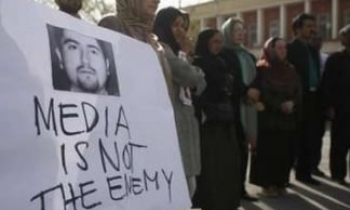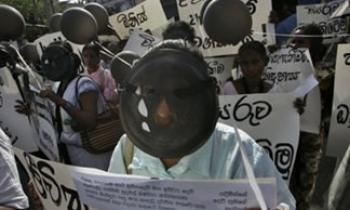(November 30, 2005) -- The sequence and scenario are increasingly familiar at newspapers from Los Angeles to New York. The script: newspaper revenue lags and the stock price dips, so expenses -- travel, training, newsprint and people -- are cut. All of these belt-tightening measures exact a toll on a newspaper's quality, but none more so than reduced staff.
The observation by veteran editor Gene Roberts that he had heard of papers that improved with fewer people, but has yet to see one, is a reminder of the central role played by creative people -- copy editors, reporters, editors -- in producing the daily news report.
Yet, because newspapers are labor-intensive, payroll is where the big savings are, and corporate executives looking to shore up stock prices and to keep investors satisfied inevitably fix their attention on eliminating staff by buyouts, attrition, and/or layoffs. In our judgment, editorial staff is a legally risky place for a news corporation to economize.
It would not be surprising if, in the not-too-distant future, plaintiff lawyers in libel cases realize they have been aiming at the wrong targets by going after reporters and editors instead of the actions by corporate management.
Reporters and editors are the focus of attention in libel actions because they are seen as immediately responsible for the errors that rile plaintiffs. Reporters and editors, however, do not create the conditions under which they work. As my partners and I have written, those conditions "are often major contributing factors to, if not chiefly responsible for, errant reporting and editing." If reporters in a shorthanded newsroom must scramble to fill space so that they have insufficient time to verify their work, or if overloaded editors cannot adequately supervise newsroom staff, and under-trained or overwhelmed copy desks fail to ride herd on error, blame for the flawed story that appears in print cannot in fairness rest solely on those in the newsroom who handled the story.
Nevertheless, it's the hapless reporters and editors who are grilled in depositions, whose every step is scrutinized and who are considered at fault for defamatory falsehoods. Seldom, if ever, are CEOs and publishers interrogated about their role in the editorial process. They should be. After all, the budgets they impose are central to a newspaper's quality, including its ability to produce accurate and reliable journalism.
The press has undergone a sea change in recent decades, marked by consolidation and the rise of publicly traded newspaper companies. A few of these companies have managed to co-exist with Wall Street with minimum inroads in their public-service mission. Too-often for comfort, however, newspaper companies nowadays look and behave like any other business bent on maximizing profits, with the world of stock options and bonuses tied mainly to meeting financial objectives intruded even in newsrooms.
So when newspaper company executives, perhaps mindful how stock analysts will regard the next quarterly results, set budgets that create serious risk of shoddy journalism, victims of that journalism deserve an opportunity to fix the blame where it belongs. By not focusing libel suits on corporate decisions, looking instead only at the reporter's actions, the law is perversely freeing corporate executives to knowingly diminish news and its commitment to truth as long as it is done in corporate offices, not in the newsrooms. And the corporate executives seem to be taking full advantage of this newfound, and unwelcome, freedom.
About the Authors: Randall Bezanson is professor of law at the University of Iowa. Gilbert Cranberg is former editor of the Des Moines Register's opinion pages. They co-authored, with John Soloski, "Libel Law and the Press: Myth and Reality" and "Taking Stock: Journalism and the Publicly Traded Newspaper Company." Their Iowa Law Review article, "Institutional Reckless Disregard for Truth in Public Defamation Actions Against the Press" (90 Iowa Law Review 887, 2005), was selected for the 2005-2006 edition of the First Amendment Law Handbook (Thomson/West,) a collection of notable essays on First Amendment issues.









